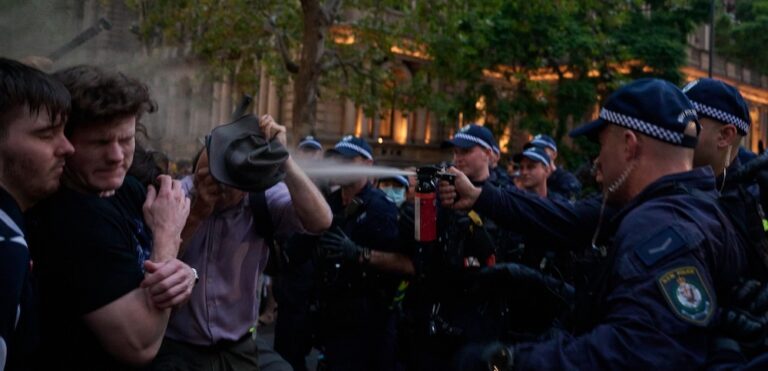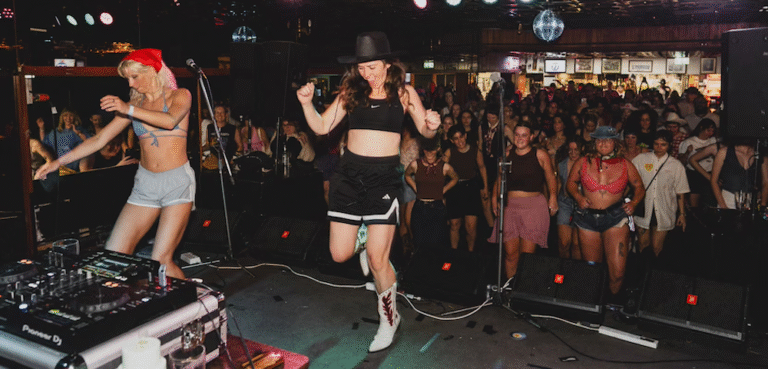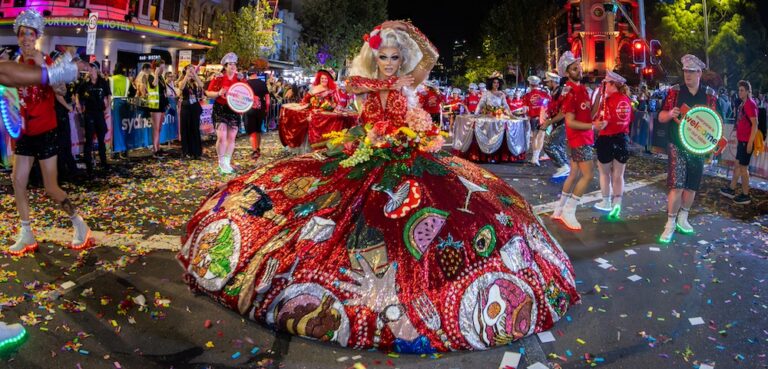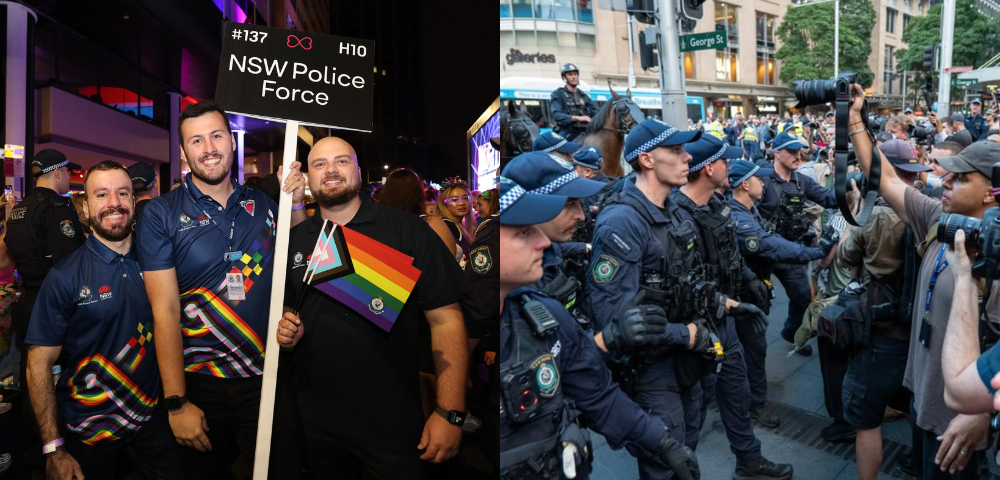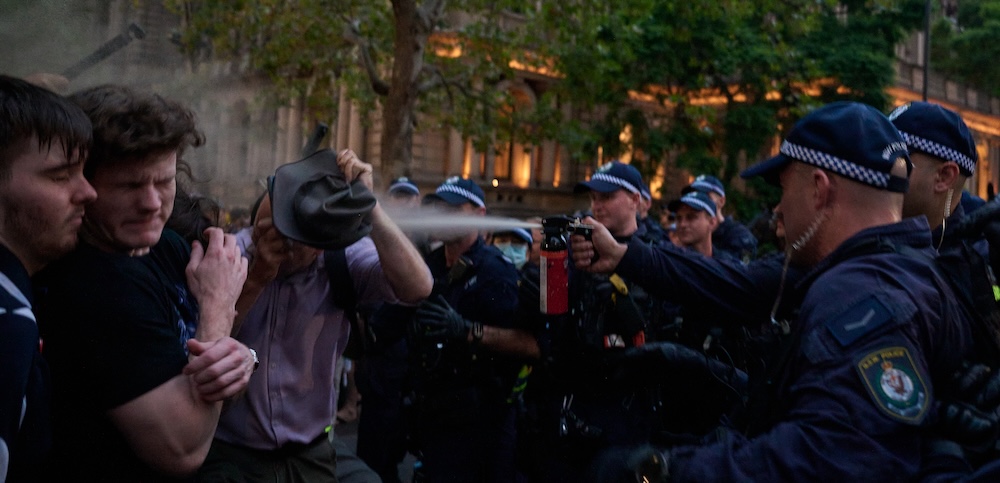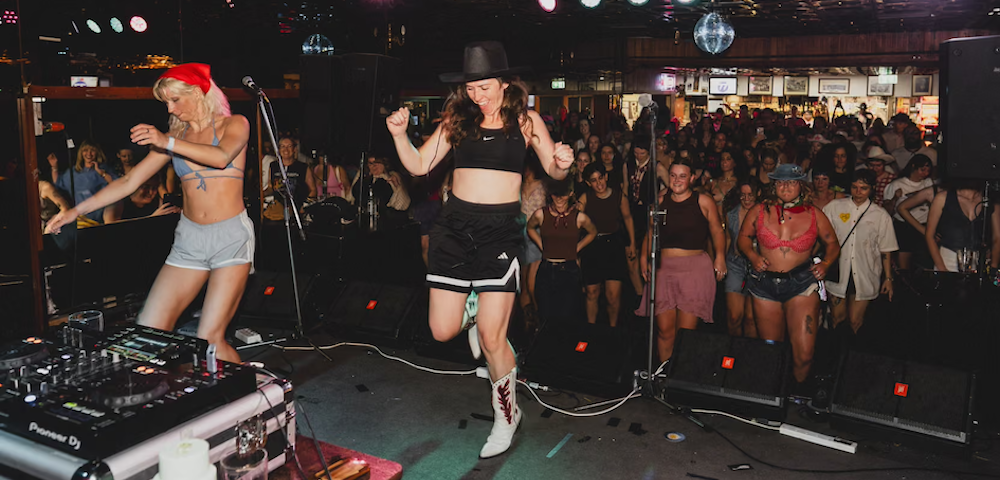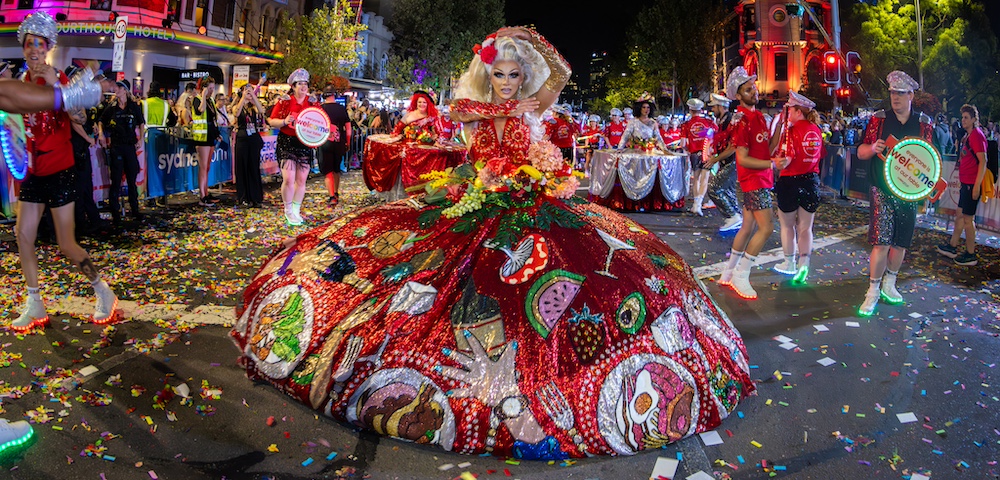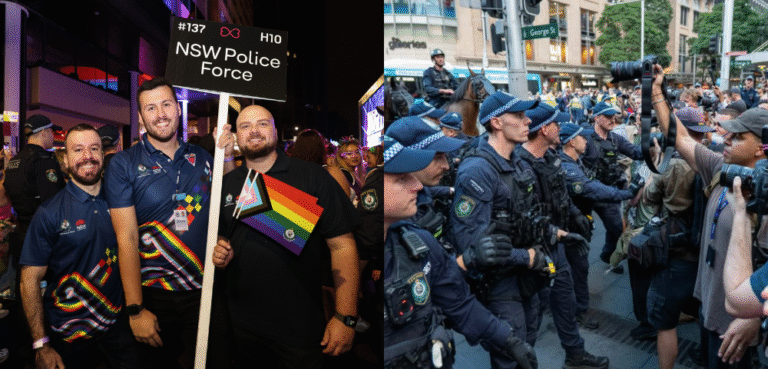
Study finds gay soldiers out in US
Despite the don’t ask, don’t tell policy, many American gay and lesbian soldiers taking part in military actions in Afghanistan and Iraq are open about their sexuality, a new study has found.
Since the wars began, numbers of don’t ask, don’t tell discharges have fallen, but the policy was still an issue for gay and lesbian soldiers. Since 2002, the first full year of war, 1,655 troops had been discharged because of their sexuality.
According to research conducted by the Center for Study of Sexual Minorities in the Military (CSSM), soldiers who have come out reported greater morale, bonding and professional advancement within their units.
Those that were unable to come out to their colleagues suffered increased stress levels and lower morale and were less likely to join or remain in the military.
The CSSM study was based on 30 long interviews with gay, lesbian and bisexual soldiers who had served or were currently serving in the Middle East.
One of the interviewees was elite soldier Brian Hughes, a gay army ranger who was involved in the highly publicised rescue of Iraq prisoner of war Jessica Lynch.
Hughes said he would not re-enlist because of the lack of family life in the services. He could not bring his partner to events and his partner was not able to plug into support networks.
Some servicepeople reported they felt they were unable to access support services within the military because they feared medical workers, psychologists and religious figures would not keep their sexualities confidential.
The don’t ask, don’t tell policy meant servicepeople were unable to correct false claims. One Navy officer who had been seen in a caf?ith his civilian boyfriend was unable to correct rumours circulating among his colleagues that they had been holding hands.
The study also found most did not attend out-of-work functions because of the emphasis on families, which led to isolation while on active duty.
I don’t socialise as much with the people I work with because I can’t be out to them, and that’s not good for cohesion, a Navy lieutenant said.

